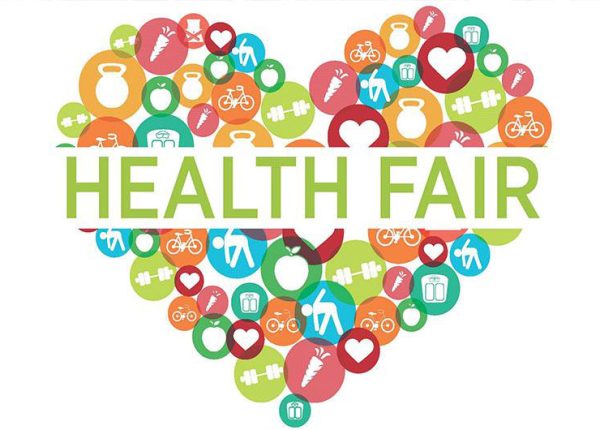Red Cross Month
March 23, 2016
The Red Cross foundation, also known as The American National Red Cross is recognized in March as “Red Cross Month”, by former U.S. President Franklin D. Roosevelt. This month is utilized as an opportunity to acknowledge and commemorate those who gave hope to many in times of need as well as encourage society to do the same. The foundation specifically relies on funds, blood donations and volunteers.
When many of us think of The Red Cross, we immediately think about donating blood and our phobia for needles, but there are other things you can do to help those in need. You can take a class or two of their top programs which they provide at their facilities in order to learn how to manage a critical situation efficiently. Their courses consist of lessons in first aid, CPR, child care and water safety. You may also simply volunteer your time rather than donate blood and become a contribution to a good cause.
Although The Red Cross mainly supplies blood to around 40 % of our nation, they also provide food, shelter and emotional support during an emergency or disaster. They respond to over 700,000 disasters all over the country which include earthquakes, floods, hurricanes, car accidents, hazardous spills, tornadoes, explosions and many other natural disasters.
In order to donate, you must register and go through a basic process. You will need to bring your donor card, (if you have one) a driver’s license or any other identification card with you. After going through the registration portion, you will have take a mini-physical test which consists of checking your temperature, pulse, blood pressure and hemoglobin level. This time will allow you to ask any other questions you may have during your private and confidential interview. After your mini-physical, the official will go through your medical history and look into potential risk factors, such as places you’ve traveled to which is critical. The only other additional requirements in order to be able to donate blood is you must be in good general health, be at least 17 years old in most states or if your 16 years old you must have parental consent if it’s allowed by state law, and weigh at least a minimum of 110 lbs.










